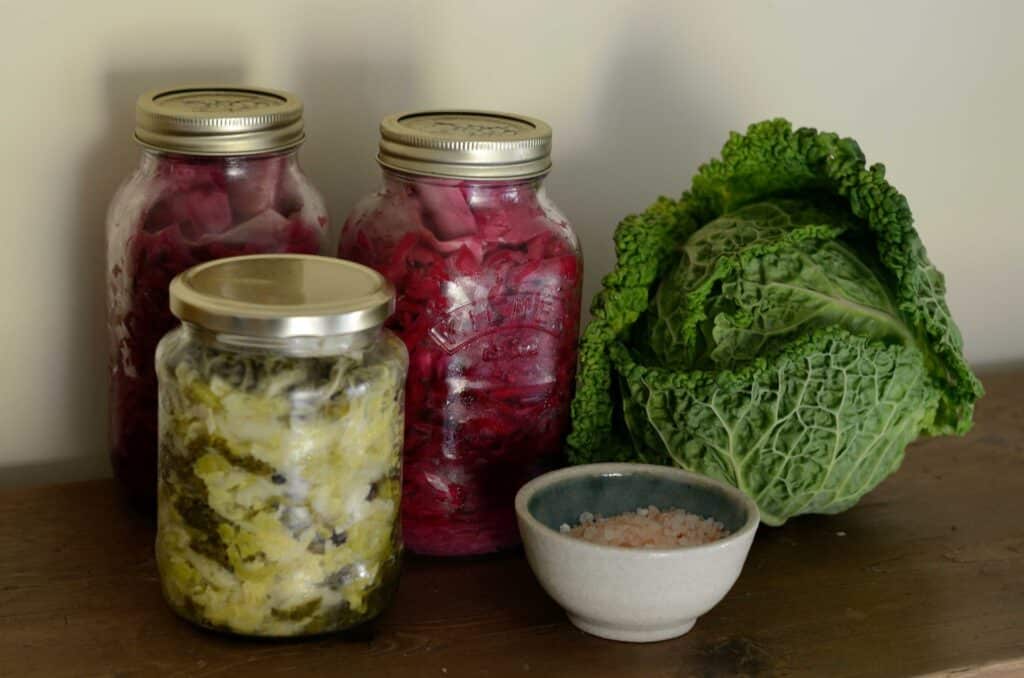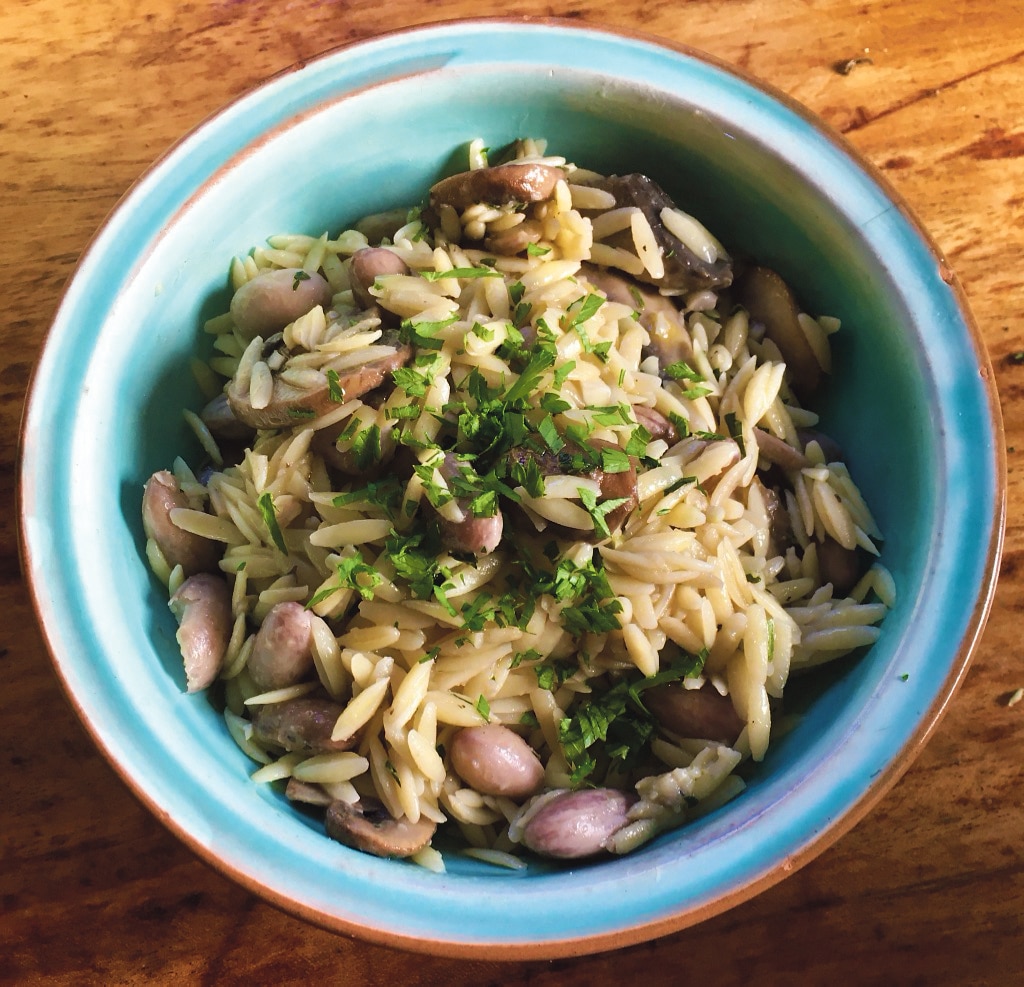by Amanda Roe
We all know that what we eat is linked with chronic health conditions like obesity, diabetes, blood pressure, heart disease, digestive disorders, irritable bowel syndrome and hormonal health.
But do you know that changing what you eat will improve your mood and your mental health?
In fact the father of modern psychiatry; French psychiatrist Philippe Pinel more than 200 years ago traced the cause of mental health in his psychiatric patients to the gastrointestinal system stating in 1807 ‘The primary seat of Insanity generally is in the region of the stomach and Intestines’.

Over the centuries research in this area continued and in his book ‘The Second Brain’ Dr. Michael Gershon shares his 30 years of research of the gut and its enteric nervous system proving that the nerve cells in the gut do in fact act as a brain. Our two brains, the one in our head and the one in our bowel must co-operate. If they do not, then there is chaos in the gut and misery in the head.
There is a huge amount of new science linking poor gut health with our body’s inability to thrive physically and mentally, and how healing the gut through diet is a natural treatment for addiction, anxiety, depression, eating disorders, autism, dyspraxia, ADD, ADHD, dyslexia, and other child development problems.
American psychiatrist Dr. Kelly Brogan MD writes ‘we can address depression and other symptoms by treating, protecting and nourishing the beneficial microbes in our gut’.
From Cork Dr John Cryan Chair of Anatomy and Neuroscience UCC and Dr Ted Dinan Head of Department of Psychiatry UCC have co-authored ‘The Psychobiotic Revolution’ writing about mood, food and the new science of the Gut-Brain Connection.
If you are curious about changing your food to improve your mood and your health then here are three simple things that you can start with
1. Eliminate processed foods and sugar from your diet: 2. Add whole foods and good fats to your diet: 3. Add fermented foods to support gut ecology.
Processed foods have various chemicals added to improve the shelf life and flavour. When referring to flavour enhancers, colours, various E numbers, additives and preservatives, Dr Campbell-Mc Bride explains ‘many of these chemicals have been conclusively shown to contribute to hyperactivity, learning disabilities, psychiatric disorders and other health issues’.
Whole foods are unprocessed and unrefined plant foods like vegetables, fruits, whole grains, legumes, nuts and seeds that are a good source of fibre, vitamins and minerals. Good fats can be found in pasture fed meats, wild fish, eggs, nuts, seeds, olive oil, coconut oil or grass-fed ghee.
By eating probiotics in the form of naturally fermented foods like sauerkraut, olives, kefir or unsweetened natural yogurt you are introducing beneficial bacteria, which help to restore and balance your gut flora.
It is possible to have more energy and feel happier and healthier.
If you are curious about improving your mental, physical and emotional health, I support clients to overcome cravings, addictions, control issues and emotional reasons for eating and not eating, through a range of therapies that include dietary advice, hypnotherapy and acupuncture.
Amanda 087 6331898 or email amanda@marketstclinic.com.


